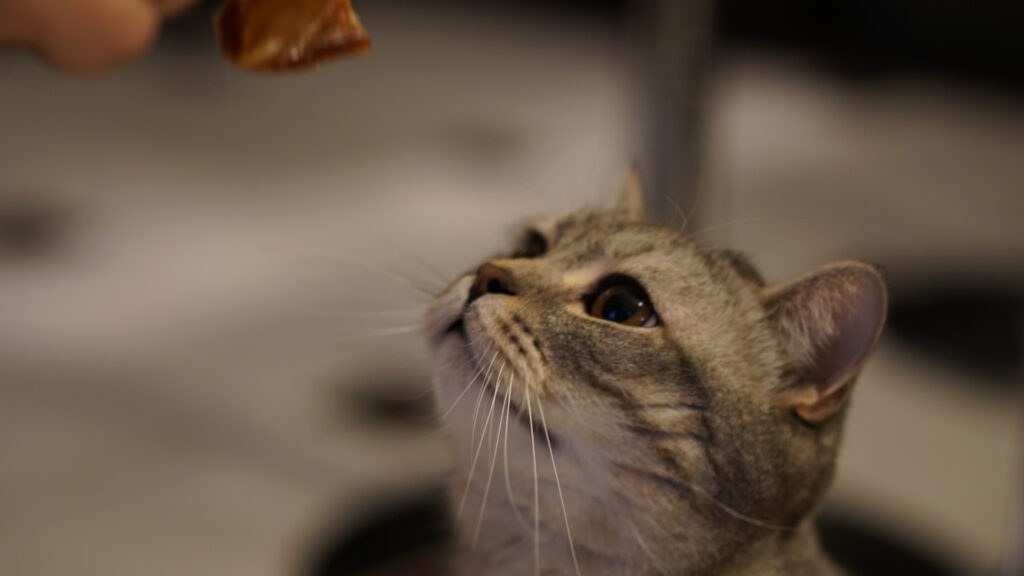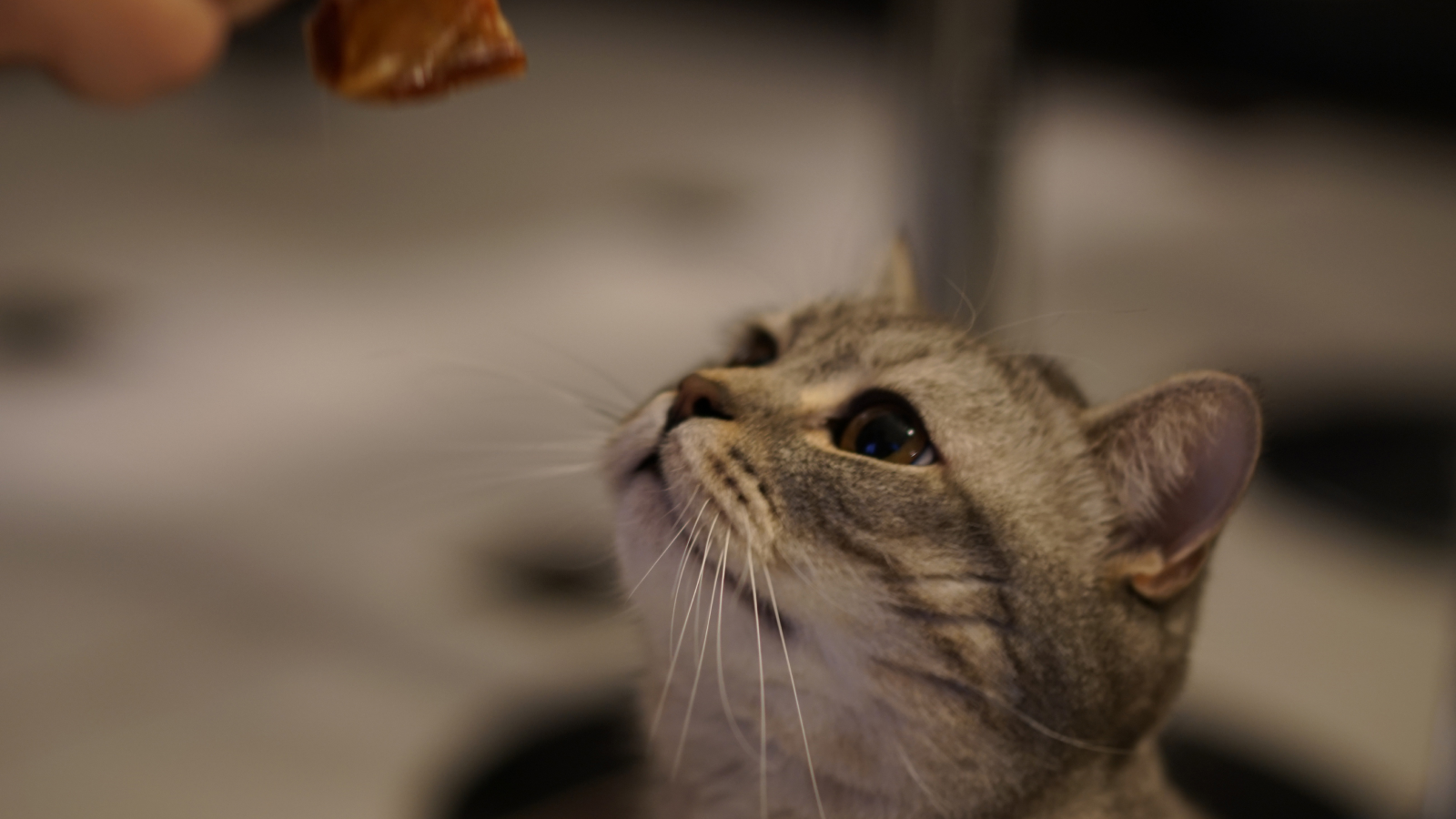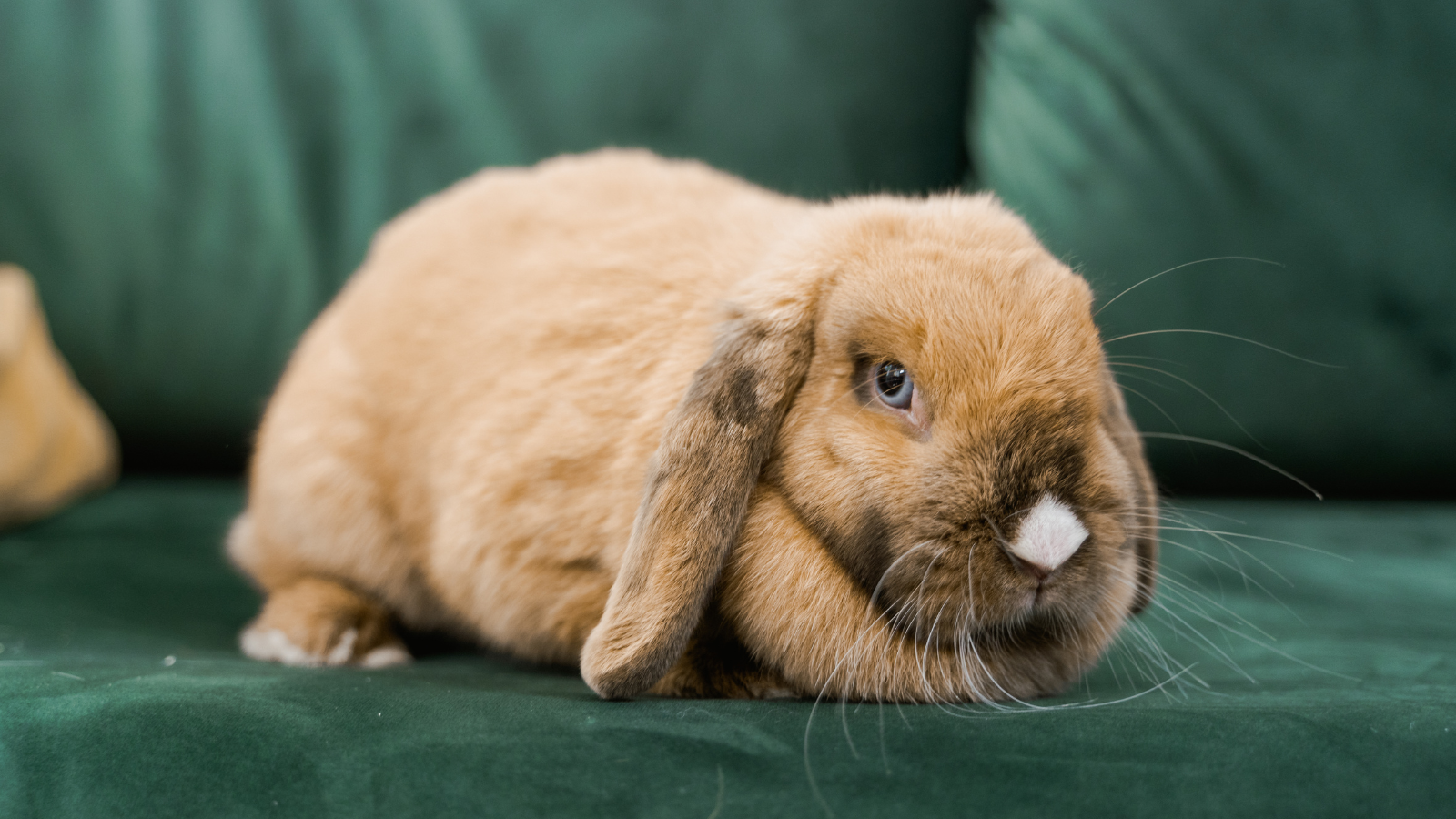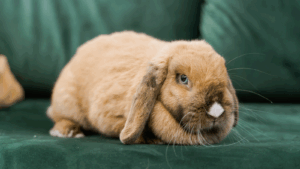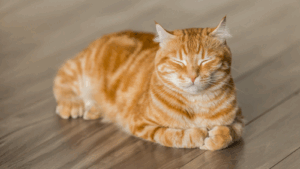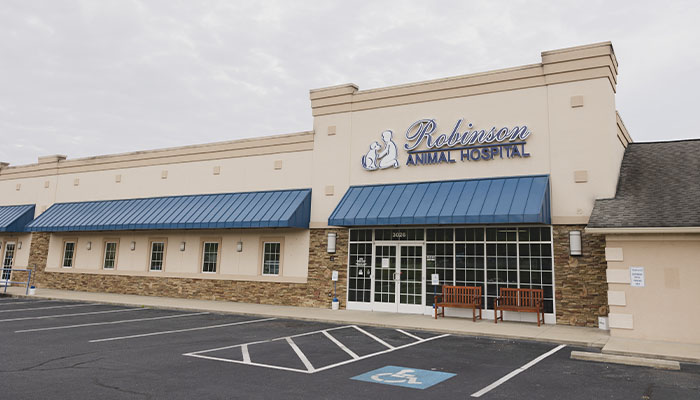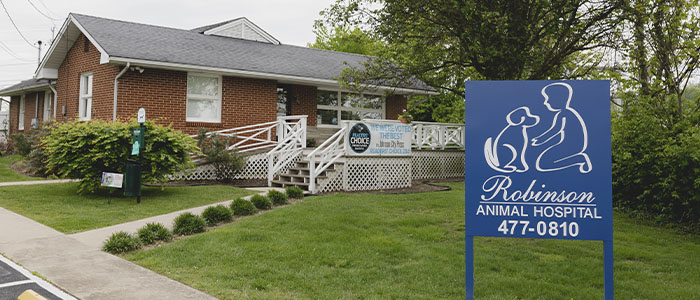There’s no shortage of pet food choices these days that make all kinds of promises: raw, high-protein, breed-specific, limited ingredients…the list goes on. But while those flashy labels and buzzwords might seem helpful, the truth is, no single diet works for every pet. At Robinson Animal Hospital, we believe nutrition should be specific to your pet. We take an individualized approach to pet food guidelines that promote long-term health for cats and dogs in Johnson City, TN.
Why DIY Diets Aren’t Always Safe for Pets
Pets have different dietary needs depending on their age, breed, activity level, health condition, and allergy status. Feeding a generic “adult dog” or “indoor cat” food might meet basic needs, but it may not provide optimal support for energy, digestion, or joint health.
While home-cooked meals or trendy raw diets may seem appealing, they can result in:
- Nutritional deficiencies
- Imbalanced nutrition ratios
- Unsafe food handling or contamination
- Long-term health issues
Always consult your veterinarian before switching diets. A veterinarian can help you evaluate alternatives safely and create a balanced plan that meets all of your pet’s needs.
Factors That Affect a Pet’s Nutritional Needs
Life Stage
Puppies and kittens need high-calorie, nutrient-dense food for growth. Senior pets benefit from diets with joint support and fewer calories. Feeding age-appropriate formulas will mean changing up your pet’s diet over time.
Medical Conditions
Pets with diabetes, kidney disease, allergies, or gastrointestinal issues require special diets that support their treatment plan. In many cases, nutrition becomes part of the medicine.
Weight Goals
Obesity is a growing concern in pets and can shorten their lifespan. Proper portion sizes and treat strategies are necessary to meet weight goals.
Breed or Size
Certain breeds can be prone to health conditions that require nutritional support. Likewise, larger animals typically need less food than their smaller counterparts.
Daily Activity
A working farm dog and a senior indoor cat don’t burn the same calories. Highly active pets need more fuel, while less active ones benefit from controlled feeding and weight monitoring.
Nutritional Guidance with a Veterinarian
An annual wellness visit is the perfect chance to talk to a veterinarian about your pet’s nutrition. If you’re concerned that your pet may be gaining weight, you can schedule a veterinary consultation at any other time as well. Talking to a veterinarian about your pet’s nutrition means getting:
- Full medical history review
- Weight and body condition assessment
- Evaluation of current food and treats
- Feeding recommendations
A veterinarian can sort through all the flashy pet food noise and build a nutrition plan that makes sense for your specific pet.
Veterinary Nutrition Consultations in Johnson City and Gray, TN
Feeding your pet is meant to support their health from the inside out. As a loving pet owner, we know you want to make informed, science-based nutrition choices so your furry companion can live their healthiest life. Robinson Animal Hospital has nutrition consultations for pets in Johnson City and Gray, as well as from surrounding Tennessee areas like Elizabethton and Erwin. Not sure if your pet’s current diet is the right fit? Schedule a nutrition consultation with Robinson Animal Hospital.


